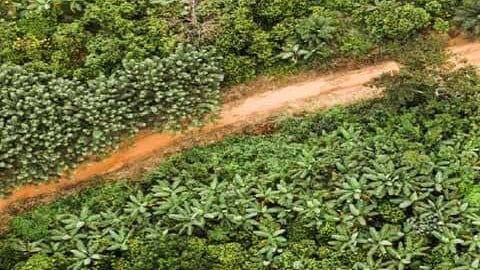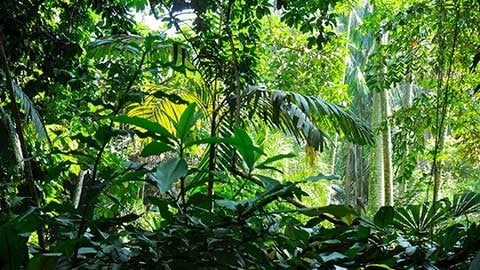What is Nestlé doing to source deforestation-free key ingredients?
Healthy forests are key to a sustainable food system, providing us with high quality ingredients. They are also essential if we are to achieve our net zero ambition. At the end of 2022, more than 99% of the total volume of our key ingredients - meat, palm oil, pulp and paper, soya and sugar - were assessed as deforestation-free. In addition, we aim to source 100% deforestation-free cocoa and coffee by 2025.
Our efforts have been recognized by the 2023 Forest 500 report in which Nestlé comes out as the first FMCG company for our progress in addressing deforestation risks.
What's Nestlé's position on the EU deforestation regulation adopted in 2023?
Our work on sourcing deforestation-free key ingredients started over a decade ago, and we believe our experience will help us meet the new EU requirements.
How does Nestlé work with its suppliers to achieve its deforestation-free goal?
We have a Responsible Sourcing Standard that we ask our suppliers to adhere to when doing business with us, including on forest protection and nature conservancy.
A key aspect of our continuous improvement approach involves supplier engagement, working with our suppliers and partners to identify opportunities for improvements and advance their sustainability practices.
We also support training programs for smallholders to help improve traceability along the entire supply chain.






